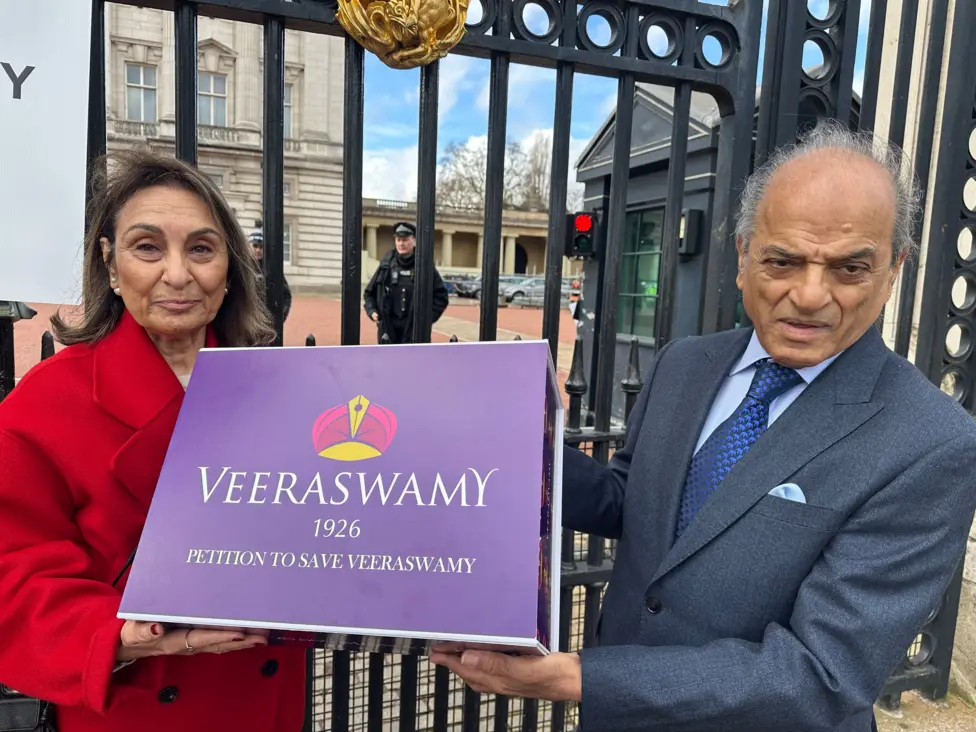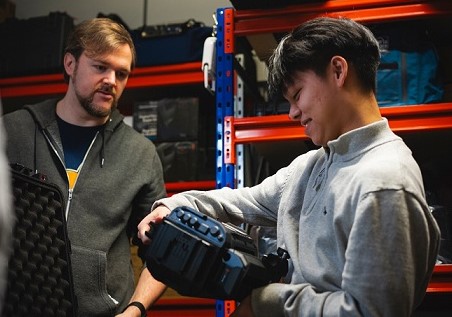People in the West Midlands are more likely to spend time thoroughly researching household handymen than cosmetic surgeons or healthcare professionals. With negative stories pervading the headlines about dubious procedures, a new survey reveals that over 77 per cent of participants quoted word of mouth as a source of information when seeking advice on health matters such as cosmetic surgery or dentistry rather than speaking with consultants directly and reading specialist professional media.
Over 41 per cent of respondents stated that they were most likely to scrutinise household handymen while more than 58 per cent said that they would carefully examine various holiday packages before booking. 44 per cent of participants proclaimed that they would make further enquiries about financial service offerings and 31 per cent would investigate legal services companies. Whereas just over 25 per cent and 10 per cent would take the same amount of care to research a cosmetic surgeon and healthcare professional respectively.
Dr Foued Hamza, cosmetic surgeon consulting at Queen Anne Street Medical Centre, off Harley Street in London, says: “Cosmetic surgery is a life changing procedure so it’s concerning that these results reveal that people aren’t taking adequate measures to research their medical practitioner sufficiently and this could indicate that Brits are too trusting of something as important as our health. It’s crucial that you always check a practitioner’s qualifications and read testimonials and reviews to find out about their reputation. Speak to previous patients to hear about their experience and even go and get a second opinion with another doctor to compare.”
“To avoid any potential confusion or misunderstanding about the health and medical status of a patient, it is imperative before any cosmetic procedure takes place that the patient must discuss his/her health with the surgeon and have an honest and truthful conversation about any medication they are taking, and the surgeon must discuss the procedure in full. This should be backed up in writing by the use of a consent form so no procedure relies on verbal communications. The consent form is legal proof that the surgeon has discussed every aspect relating to potential risk before surgery takes place – invasive or non-invasive. Even if the form is completed in advance of the surgery day, the consultant must always go through the form on the day and check if anything has changed. This form is then kept on file for several years. Without these measures in place, people could be left in the hands of unscrupulous practitioners.
















